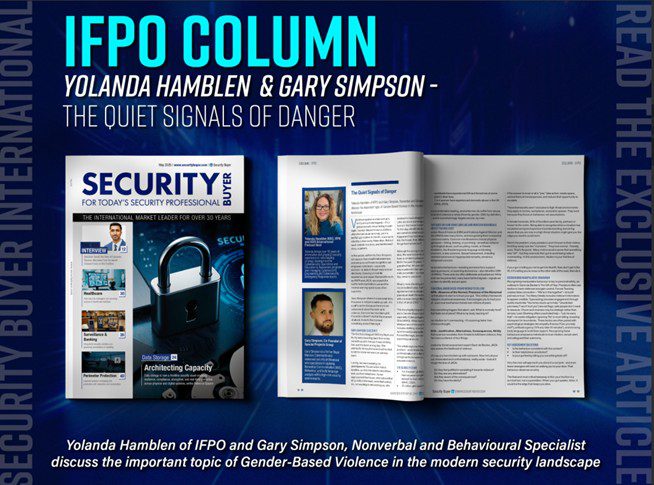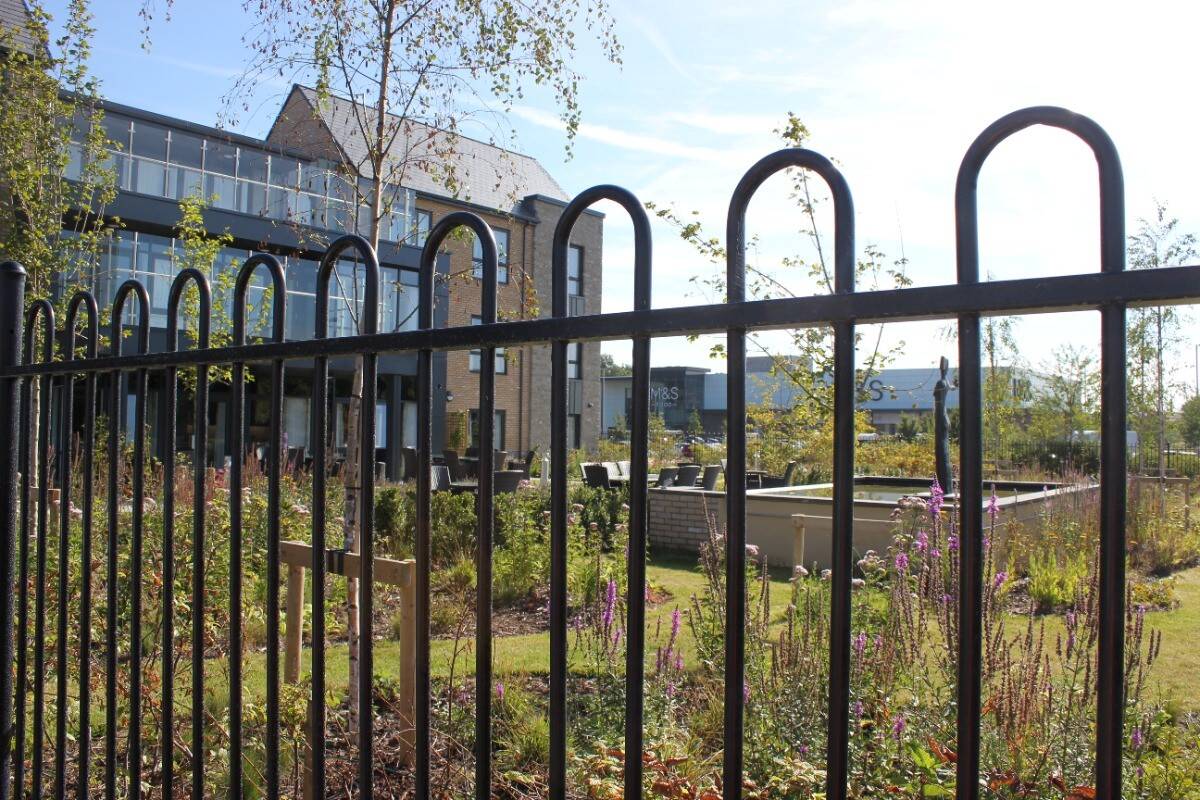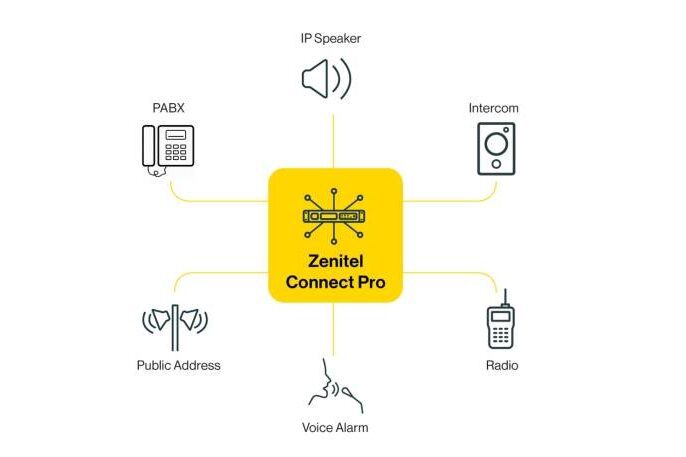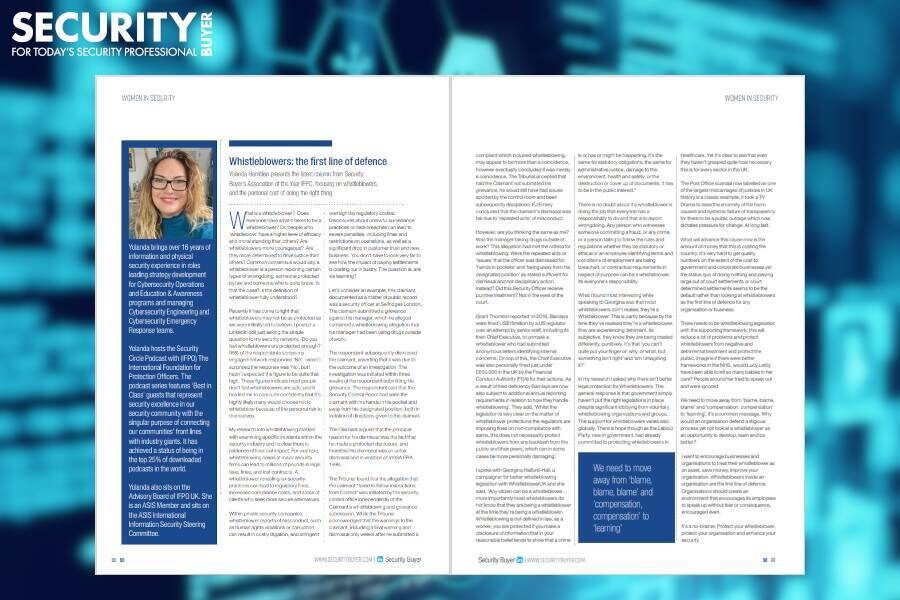 The weekend’s high-profile outbreaks of football violence at two UK matches does not signal a return to football hooliganism. Steve Frosdick, an independent expert on security in arenas, told SecurityNewsDesk they were just unique incidents.
The weekend’s high-profile outbreaks of football violence at two UK matches does not signal a return to football hooliganism. Steve Frosdick, an independent expert on security in arenas, told SecurityNewsDesk they were just unique incidents.
Fighting broke out between Millwall fans during their side’s FA Cup semi-final match against Wigan at Wembley on Saturday. The pictures were broadcast live on television and showed bloodied fans fighting each other and clashing with police and stewards.
Some 14 people were arrested and the police have outlined plans for a “significant post-match review” to identify more offenders.
The idea to schedule an evening kick-off time – allowing fans to drink heavily beforehand – has been criticised heavily and the incident has thrown the much-maligned Millwall fans into the national spotlight again.
Frosdick, a founder member of the Football Safety Officers’ Association (FSOA), claims the name Millwall evokes memories of historical events and that is why this incident has been covered so heavily in the national media.
However, he argues that no security preparation could have predicted the incidents that occurred at Wembley and the media is playing a role in hyping up the fears surrounding safety in British football.
“Serious incidents are now very rare in UK football, which explains the extent of the media reports about these two incidents. Serious incidents are much more common in other parts of Europe,” he said.
“No reasonable risk assessment, however extensive, would ever have predicted that the Millwall fans would start fighting amongst themselves.”
The Wembley scenes were followed less than 24 hours later by a second wave of football violence that struck after the Tyne-Wear derby between Newcastle at Sunderland. Over 100 Newcastle supporters ran wild through the city centre after the game and threw missiles at police. In the end 29 people were arrested and three police officers were injured.
The weekend’s sights have led many to speculate on whether the game is returning to its dark days of the 1980s, when hooliganism was rife on the nation’s terraces.
Frosdick claims Sunday’s trouble was “reasonably foreseeable” and something police dealt with well, and he is confident the current safety and security operations in place across the domestic football pyramid mean stadiums are safe places where trouble will not become a more regular occurrence.
He said: “We’d rather have one or two incidents like that than routine riot police deployment at football every week spoiling the experience for ordinary people.
“If you are going to have a low profile police presence and a higher profile stewarding presence, what goes with that is that occasionally something goes wrong and the police aren’t there to deal with it.
“It’s not a return to the 1980s, it’s not a new outbreak of hooliganism, it’s just an exceptional incident.”
Currently, all safety and security stewards in football stadium are trained to a national system. All security stewards hold the SIA door supervisor badge unless they are directly employed by the club, in which case they are exempt from the licensing requirement but trained to an equal standard.
The system is designed to create the safest possible atmosphere for football fans. “The evidence is that fans prefer club stewards to agency stewards as club stewards can build up a continuity of knowledge about the crowds. Our stewards are some of the best trained in the world,” concluded Frosdick.



























